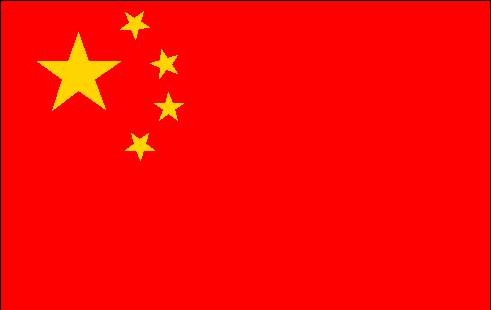South Sudan declared its independence on Saturday in a joyous day long ceremony in the capital Juba attended by tens of thousands of South Sudanese and senior representatives of dozens of other states.
The chosen location was a fitting site – the field surrounding the mausoleum of John Garang, the late rebel army leader who is considered the father of the South Sudanese nation.
The gathered South Sudanese cheered deliriously, and many wept, as the flag of Sudan was lowered and that of South, raised.
Just before, after soldiers and traditional dance troupes paraded by and the Speaker of the new country’s Parliament read the independence proclamation.
"We, the democratically elected representatives of the people, hereby declare Southern Sudan to be an independent and sovereign state," James Wani Igga said.
The new President, Salva Kiir, then signed a transitional constitution and took the oath of office.
Before flags were changed, President Kiir unveiled a giant statue of Garang to cheers.
Dozens of heads of state, senior representatives of many governments, and United Nations Secretary General Ban Ki-Moon.
Sudanese President Omar al-Bashir, who is wanted on charges of genocide in Darfur, was amongst those looking on. He is the latest of the Sudanese leaders who waged a vicious campaign of violence to deny the South’s half century old demand for self rule.
The new state of South Sudan comprises one third of the original territory of Sudan, hitherto Africa’s largest state, as well as much of its oil reserves.
'We have to forgive, we will not forget'
“We were bombed, maimed, enslaved, treated worse than a refugee in our own country, but we have to forgive, although we will not forget,” President Kiir told the gathering.
Kiir also pledged that the South Sudanese would rise to the challenges that come along with statehood.
“Starting from today, we’ll have no excuse or a scapegoat to blame,” Kiir said. “As an independent country, we must focus on the process of service delivery and development."
Organizers of Saturday’s ceremony soon learned they did not have enough seats for all the visiting heads of state and other VIPs.
"We're overwhelmed. We did not know that the whole world was going to join us in our celebration," the ceremony's announcer said.
World embraces
The United States and Britain were among the first nations to recognize Africa's 54th country.
"A proud flag flies over Juba and the map of the world has been redrawn," President Obama said in a statement.
"These symbols speak to the blood that has been spilled, the tears that have been shed, the ballots that have been cast, and the hopes that have been realized by so many millions of people."
The United States was represented at Saturday’s ceremony by US Ambassador to the United Nations Susan Rice.
Retired US General and former Secretary of State Colin Powell was also present,
"My country, too, was born amid struggle and strife on a July day,” she told the crowd. “On this day, the world’s oldest democracy welcomes the world’s newest state."
"Independence was not a gift you were given. Independence is a prize you have won," she said.
"Yet even on this day of jubilee we remain mindful of the challenges that await us. No true friend would offer false comfort. The path ahead will be steep ... but the Republic of South Sudan is being born amid great hopes."
Challenges no bar to joy
But the challenges their new country faces couldn’t dampen the South Sudanese’ elation.
“We have struggled for so many years and this is our day – you cannot imagine how good it feels,” Andrew Nuer, a 27-year-old university student told AFP. “We pray to God in the future to help us make this a prosperous and peaceful country, and to show the world that we can do it.”
Celebrations had already begun at midnight Friday with fireworks and raucous street parties.
Sudanese leader Bashir tried to strike a conciliatory tone.
"We congratulate our brothers in the south for the establishment of their new state," he said, without irony. "The will of the people of the south has to be respected."
Bashir’s stance is not unexpected, though - given the war crimes charges that hang over him and the insistence of the international community that the two states cooperate in maintaining regional peace and stability on which future flows of oil depend.
As a reminder, activists from the western Sudan region of Darfur, which has also suffered decades of genocidal violence from Khartoum, held up a sign that said "Bashir is wanted dead or alive."
Other struggles continue
Whilst South Sudan’s successful secession ended one of Africa’s longest running conflicts, the north remains wracked by a string of rebellions for self rule or an end to Sudanese oppression.
President Kiir made clear the South Sudanese would not turn away from these struggles.
"I want to assure the people of Abyei, Darfur, Blue Nile and South Kordofan that we have not forgotten you. When you cry, we cry. When you bleed, we bleed," Kiir said.
"I pledge to you today that we will find a just peace for all."


